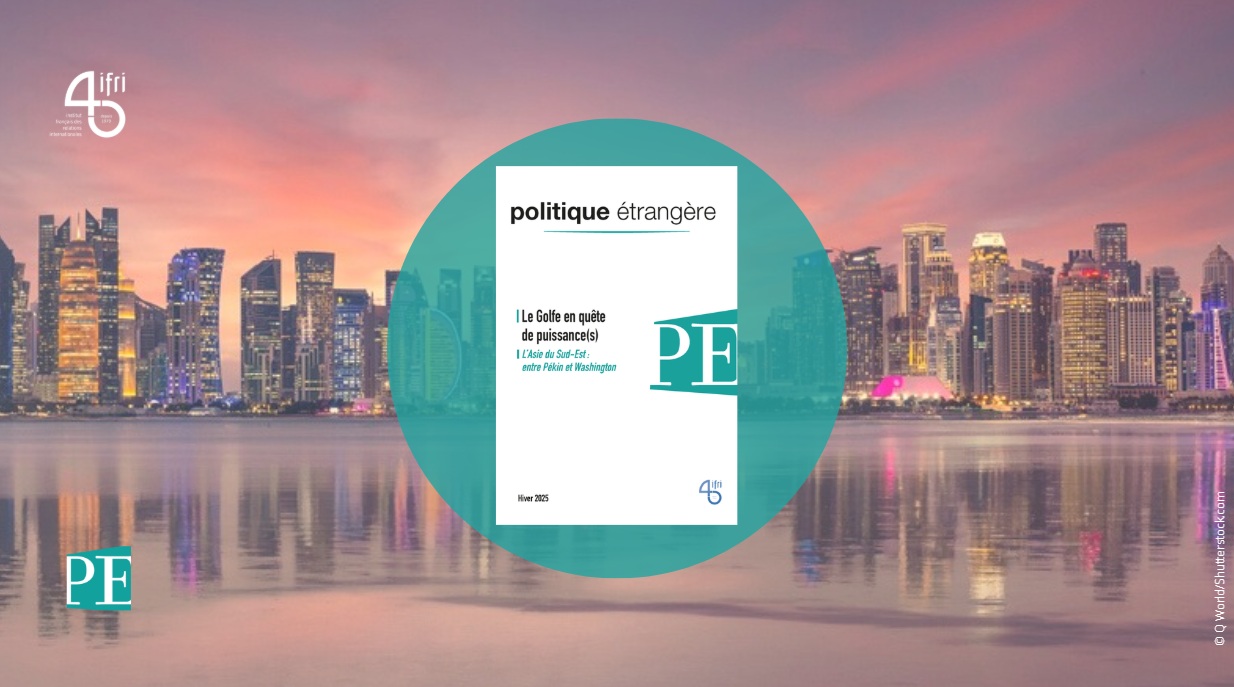Governance and Societies
States remain essential pillars of the international system, even if they are not the only players. Governance is a local, national and international issue.
Related Subjects

The New Diplomatic Weight of Gulf Countries

The political and economic weight of the Gulf monarchies has increased considerably. These countries have diversified their economies and become logistic hubs, attracting large numbers of investors. They have also managed to extend their power beyond their borders. However, the wider regional fallout of the war begun by Hamas on October 7, 2023 has cast doubt on the Gulf’s stability, especially as it seems that the American security umbrella can no longer be taken for granted

New Citizenships: Refugees and Undocumented Migrants in Europe
With the installation of new migrants, and as new expressions of identity and citizenship have been lately emerging, European countries have adopted quite diverse integration policies. This essay proposes both an analysis and an interpretation of this complex phenomenon.



The United Kingdom, 1900-2000: from a World Empire to an Island Kingdom


Japan's Foreign Policy Since The Meiji's Era: an Attempt of Interpretation

Afro-Asian States: Actors on, or Challenges for, the International Political Stage?

Africa and the 20th Century: Dispossession, Rebirth, Uncertainty

Nations and Europe in the 20th Century: from a Negative Form of the Sacred to a Positive Form of the Secular

The First World War: a Hiatus in the Development of the European System
Support independent French research
Ifri, a foundation recognized as being of public utility, relies largely on private donors – companies and individuals – to guarantee its sustainability and intellectual independence. Through their funding, donors help maintain the Institute's position among the world's leading think tanks. By benefiting from an internationally recognized network and expertise, donors refine their understanding of geopolitical risk and its consequences on global politics and the economy. In 2025, Ifri supports more than 80 French and foreign companies and organizations.






